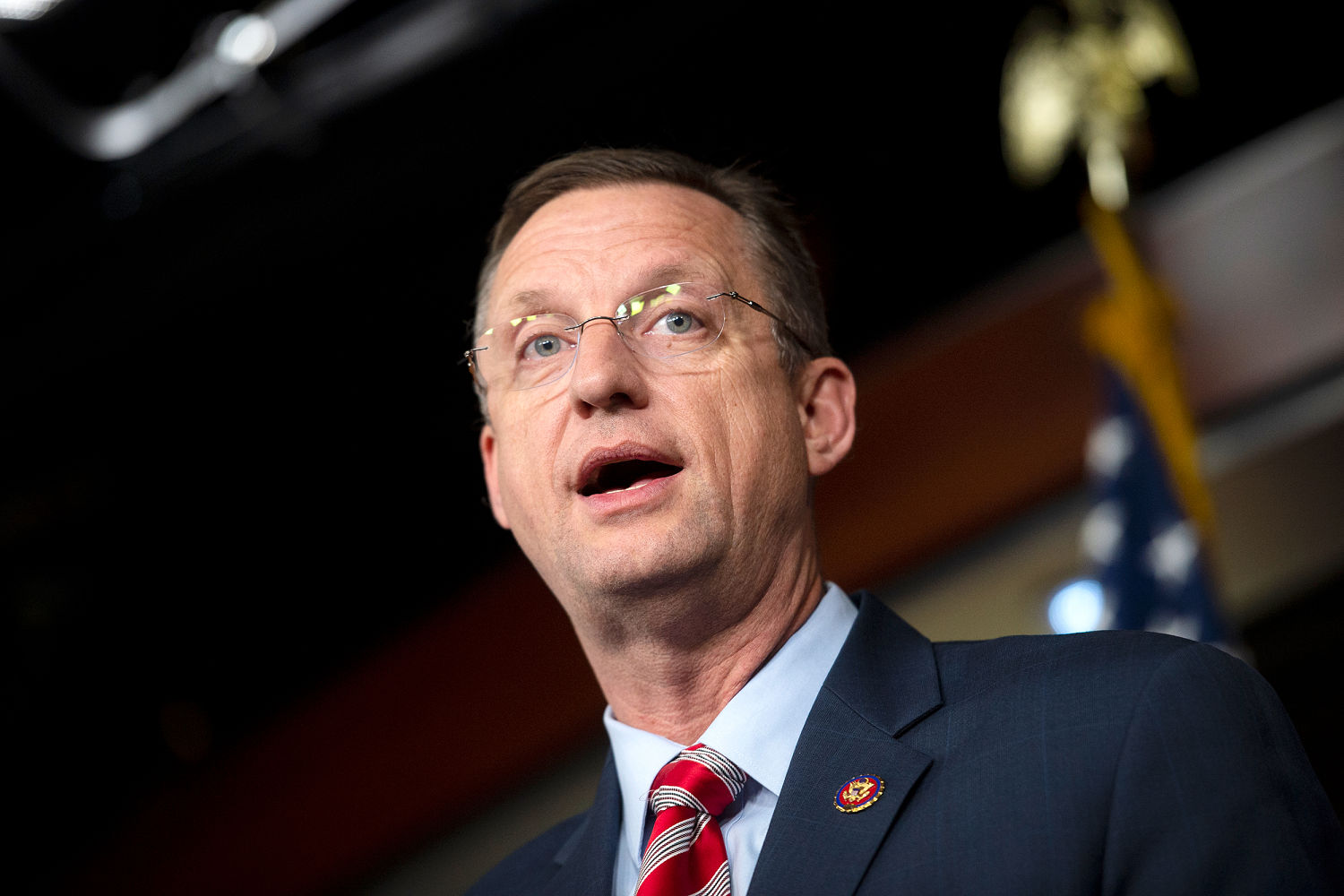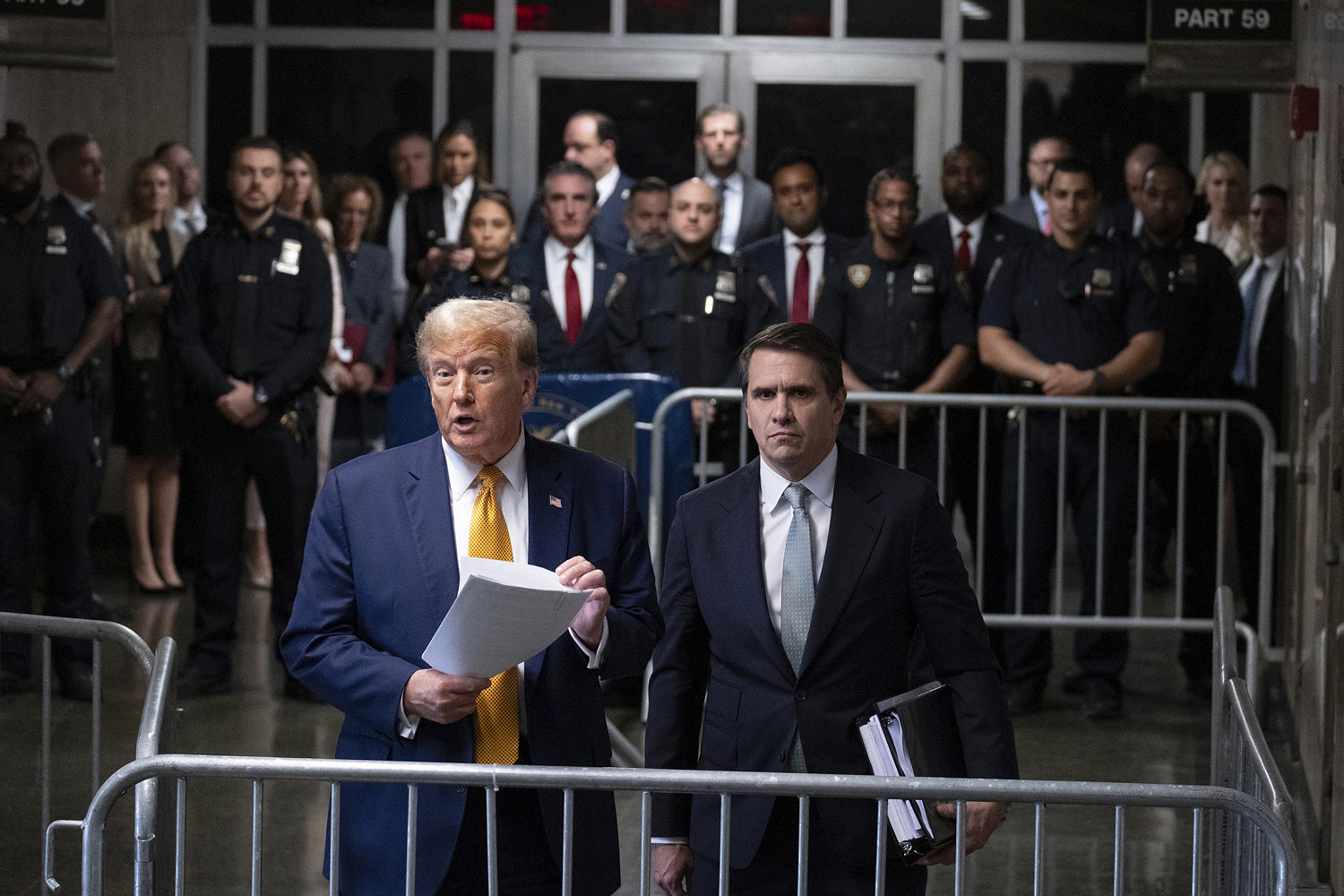California scientists unveil policy blueprint for stopping global plastic pileup in its tracks

The uniform adoption of just four waste management policies around the world could eliminate more than 90 percent of the planet’s plastic waste and nearly a third of associated carbon emissions by 2050, a new study has found.
If countries choose to proceed with the status quo, on the other hand, the amount of plastic waste worldwide could double by that deadline, University of California researchers revealed in the study, published on Wednesday in Science.
But they stressed that all is not lost — and that global nations have room to rectify this crisis by taking action to curb the mishandling of their waste.
The four policies would involve requiring that new products be made with 40 percent postconsumer recycled plastic, capping new plastic production at 2020 levels, implementing a small fee on plastic packaging and investing heavily in plastic waste management, such as landfills and waste collections services.
Adopting such a policy package would also deliver significant climate benefits, including a greenhouse gas emissions reduction equivalent to removing 300 million gasoline-powered vehicles from the road for a year, according to the study.
The authors stressed the critical and time-sensitive nature of their findings, noting that the publication comes ahead of related negotiations that are slated to begin in Busan, South Korea, at the end of the month. In Busan, delegates from more than 190 nations are aiming to finalize the details of the planet's first legally binding treaty on plastic pollution, the researchers noted.
“This is it. These upcoming negotiations in Busan are our one chance to come together as a planet and fix this problem,” corresponding author Douglas McCauley, a professor at the University of California, Santa Barbara and adjunct professor at the University of California, Berkeley, said in a statement.
“One of the most exciting discoveries in this research is that it is actually possible to nearly end plastic pollution with this treaty," McCauley continued. "I'm cautiously optimistic, but we can’t squander this once-in-a-lifetime opportunity.”
The team of researchers — from multiple University of California institutions and Tsinghua University, in Beijing — developed a novel machine learning model to forecast trends in worldwide plastic production, trade and waste management.
They also simulated the impacts of eight possible policy interventions aimed at reducing both waste and greenhouse gas emissions.
The authors warned that if no action is taken in Busan, annual plastic consumption could surge by 37 percent between 2020 and 2050 — an added global pollution burden equivalent to the emissions produced by operating 9,000 natural gas-fired power plants or powering more than 436 million homes for a year.
Meanwhile, plastic pollution could nearly double, reaching 121 million metric tons, according to the study.
In such a business-as-usual scenario, the world would amass sufficient waste between 2011 and 2050 to cover Manhattan in a pile plastic 10 times the height of the Empire State Building, the researchers found.
But by adopting the four game-changing policies identified in the study, countries could stop this buildup in its tracks, the scientists stressed.
“There are multiple pathways available to negotiators, but it does require ambition,” lead author Sam Pottinger, a senior research data scientist at UC Berkeley, said in a statement.
Pottinger, McCauley and their colleagues concluded that "with sufficient political will, there is enough technical potential to dramatically reduce mismanaged plastic waste and meaningfully address some of the more insidious associated issues."
Co-author Nivedita Biyani, a researcher on global plastic modeling at UC Santa Barbara, echoed these sentiments, noting that she is "optimistic about a sustainable future."
"This policy work shows that we can reach minimal mismanaged plastic waste if we can come together in action," Biyani added.
Topics
-

Skeleton crew: California driver nabbed for using carpool lane with plastic effigy
World - The Guardian - October 16 -

This Group Refuses to Stop Tracking Disinformation
Business - The New York Times - November 1 -

Global plastic production must be cut to curb pollution, study says
World - The Guardian - 6 hours ago -
Scientists unveil face of "vampire" buried with sickle across her neck
Top stories - CBS News - October 30 -

California scientists unlock new key to mosquito-borne disease spread
Politics - The Hill - November 5 -

Global Economic Leaders Confront a New Era of Industrial Policy
Business - The New York Times - October 26 -

These 4 Policies Show How Trump’s Victory Will Reverberate Through Global Economy
Business - Inc. - November 6 -
Global ETFs slide as investors see Trump tariff policies hurting trade
Business - CNBC - November 6 -
‘Devious’ New Deep Sea Slug Hid Its Identity From Scientists
Science - The New York Times - 2 days ago
More from The Hill
-

RFK Jr. vows to be 'honest public servant' as HHS chief
Politics - The Hill - 37 minutes ago -

CNN's Gupta: Medical community 'in lockstep' with RFK Jr. concern
Politics - The Hill - 1 hour ago -

NBA star Rudy Gobert voices approval of RFK Jr. nomination
Politics - The Hill - 1 hour ago -

Trump’s criminal defense attorneys offered DOJ roles
Politics - The Hill - 1 hour ago -

Charlamagne tha God questions White House's reaction to Trump postelection
Politics - The Hill - 1 hour ago
Latest in Politics
-

Trump picks former Rep. Doug Collins for veterans affairs secretary
Politics - NBC News - 10 minutes ago -

Trump to nominate his criminal defense lawyer for deputy attorney general
Politics - NBC News - 22 minutes ago -

RFK Jr. vows to be 'honest public servant' as HHS chief
Politics - The Hill - 37 minutes ago -
Trump will nominate RFK Jr. for HHS secretary
Politics - CBS News - 51 minutes ago -

CNN's Gupta: Medical community 'in lockstep' with RFK Jr. concern
Politics - The Hill - 1 hour ago